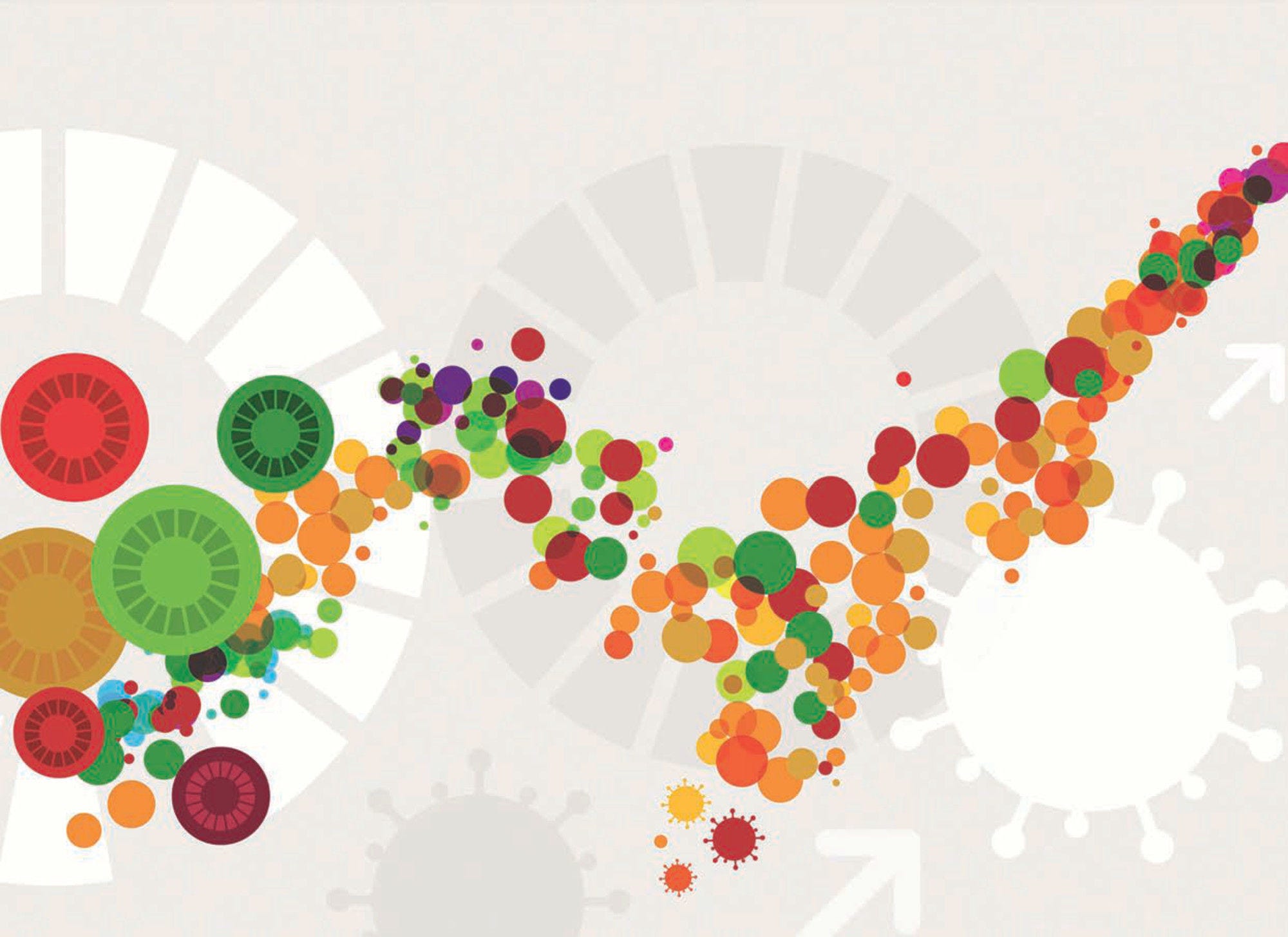Addressing rural development is key for Ethiopia’s growth process. A series of government-led structural reforms have contributed to sustained growth in the country over the last two decades as well as to considerable poverty reduction in rural areas. However, Ethiopia faces critical challenges it will need to overcome to meet the needs of a growing rural population. In practice, this will require updating the existing rural development strategy in order to better integrate the interaction of rural and urban areas. Policy approaches that account for the fast urbanisation process experienced in the country will therefore be key to improving the well-being of rural populations and promoting national growth.
This report takes a spatial approach to study Ethiopia’s rural development strategies. It highlights the need to develop stronger and more functional linkages between rural and urban areas. As such, the development of intermediary cities and small urban centres provides large scope for inclusive rural transformation. The report is the result of rigorous analysis, and extensive consultations with national and international stakeholders. It identifies some of the key challenges faced by rural areas and provides a series of recommendations to enhance Ethiopia’s rural development strategies.














